Pea protein powder is a supplement produced by extracting protein from yellow peas. It provides a high-quality protein and is an excellent source of iron. It may support muscle development, weight management and cardiovascular health.
Typically used to boost the protein content of smoothies and shakes, pea protein is suitable for most eating plans since it’s naturally vegan and hypoallergenic.
This article examines the nutrient profile, potential health advantages and possible drawbacks of pea protein powder.

Nutritional benefits
Pea protein powder — often labeled pea protein isolate — is created by separating the protein from milled yellow peas, yielding a beige powder.
Nutrition varies by brand, but — for instance — two scoops (20 grams) of NOW Organic Pea Protein Powder provides:
- Calories: 80
- Protein: 15 grams
- Carbs: 1 gram
- Fiber: 1 gram
- Total fat: 1.5 grams
- Sodium: 230 mg
- Iron: 5 mg
Pea protein powders supply several nutritional advantages.
High-quality protein source
Pea protein includes all nine essential amino acids that the body cannot synthesize and must obtain from food. It is, however, relatively low in methionine.
You can make up for this by eating other methionine-containing foods, such as eggs, fish, poultry, beef, pork or brown rice (2).
It’s also a solid source of branched-chain amino acids, notably arginine — which supports healthy circulation and cardiovascular function — and leucine, isoleucine and valine — which aid muscle synthesis (, 4, ).
Generally, animal proteins are more readily digested and absorbed than plant proteins.
Even so, studies show that pea protein is among the more digestible plant-based proteins — ranking just behind soy protein and chickpeas.
Rich in iron
Pea protein powders are also a good source of iron.
Many products contain about 5–7.5 mg of iron per serving — approximately 28–42% of the reference daily intake (RDI) for premenopausal women and 62–94% of the RDI for men and postmenopausal women (7).
However, iron from plant sources is less readily absorbed than iron from animal foods.
This can be enhanced by consuming pea protein powder alongside vitamin C or vitamin-C-rich foods like citrus — which can increase iron absorption by up to 67%.
Because roughly 10% of American women are iron-deficient, incorporating pea protein powder into your diet could help increase your iron intake.
Compatible with many diets
Pea protein powder is inherently vegan, gluten-free, dairy-free and free of the top eight food allergens — peanuts, tree nuts, eggs, fish, shellfish, cow’s milk, wheat and soy.
As a result, it fits with nearly any dietary pattern.
Pea protein also mixes well with water and tends to be less gritty or chalky than some other plant-based protein powders, such as hemp.
While pea protein powder suits most people, anyone with a pea allergy, sensitivity or intolerance should avoid it.
SummaryPea protein powder is a quality protein source rich in iron, arginine and branched-chain amino acids. It digests and absorbs well and is compatible with a wide range of diets.
Health benefits
Beyond its nutritional value, pea protein powder may offer several health benefits.
Below are some of its primary advantages.
Promotes muscle growth
Research indicates that pea protein powder can help build muscle when combined with resistance training.
In one 12-week trial, men who performed weight training and consumed 50 grams of pea protein per day gained a similar amount of muscle as those taking whey protein.
This implies that pea protein powder can be as effective for muscle-building as more commonly used dairy-based protein powders.
However, adding extra protein without exercising is unlikely to affect muscle mass — it needs to be paired with consistent physical training.
Increases satiety
Studies show that protein makes people feel fuller for longer than carbohydrates or fat.
This suggests high-protein diets may lower overall calorie intake and support gradual weight loss over time.
Pea protein powder provides a convenient way to increase protein intake and gain these effects.
A 2022 study found that pea protein powder is equally effective at enhancing fullness compared with dairy proteins like casein or whey.
Pea protein powder is a practical choice for raising protein consumption and improving post-meal satiety.
Supports heart health
Animal research has shown that pea protein powder can reduce certain heart disease risk factors, such as high cholesterol and elevated blood pressure.
Pea protein hydrolysate — a partially broken-down protein powder containing smaller peptides — significantly reduced blood pressure in rats after three weeks.
Animal studies also indicate pea protein powder can lower cholesterol levels. It may work by increasing cholesterol uptake into cells and decreasing the body’s synthesis of fats.
Although promising, additional human trials are needed to determine whether pea protein powder lowers cholesterol in people.
SummaryPea protein powder may help increase muscle growth, enhance feelings of fullness and support cardiovascular health.
Potential downsides
Pea protein powder is generally tolerated well.
Because it’s made by isolating protein from peas, it tends to be low in fiber and usually does not cause the gas or bloating that whole peas can provoke in some individuals.
However, pea protein powder can be relatively high in sodium — with some products containing 110–390 mg per serving.
Therefore, people limiting sodium intake may need to monitor their consumption.
SummaryPea protein powder is typically well tolerated, but it can contain a comparatively high amount of sodium.
Serving sizes and how to use it
Pea protein powder is an easy way to raise your protein intake.
It can be particularly useful for individuals aiming to increase muscle mass, such as athletes or older adults.
Research suggests consuming 0.73 grams of protein per pound (1.6 grams per kg) of body weight per day is the most effective amount for building muscle.
However, avoid exceeding 2.3 grams of protein per pound (5 grams per kg) of body weight per day or consuming more than 35% of your calories from protein.
At extremely high intakes, the liver may struggle to process protein quickly enough, potentially causing side effects like elevated ammonia in the blood, nausea, diarrhea and, in severe cases, death.
Most users mix pea protein powder into smoothies or combine it with juice or water as a post-workout drink.
Other inventive uses include:
- Stirring into oatmeal, wheat porridge or brown rice cereal.
- Adding to baked goods such as muffins, brownies or waffles.
- Whisking into plant-based milk to produce a more complete protein profile.
- Blending into a smoothie and freezing in popsicle molds.
For optimal muscle-building outcomes, consume pea protein powder within two hours after exercise.
SummaryPea protein powder can be added to foods and drinks to up your protein intake. To maximize muscle gains, have your protein shake within two hours of training — but don’t consume your entire daily protein allotment at once.
The bottom line
Pea protein powder is a high-quality, readily digested protein source derived from yellow peas.
It’s rich in iron, arginine and branched-chain amino acids and may provide benefits such as enhanced muscle growth, increased satiety and cardiovascular support.
It suits most diets since it’s naturally vegan, gluten-free, dairy-free and hypoallergenic.
If you want to add more protein to your meals, pea protein powder is a solid choice.

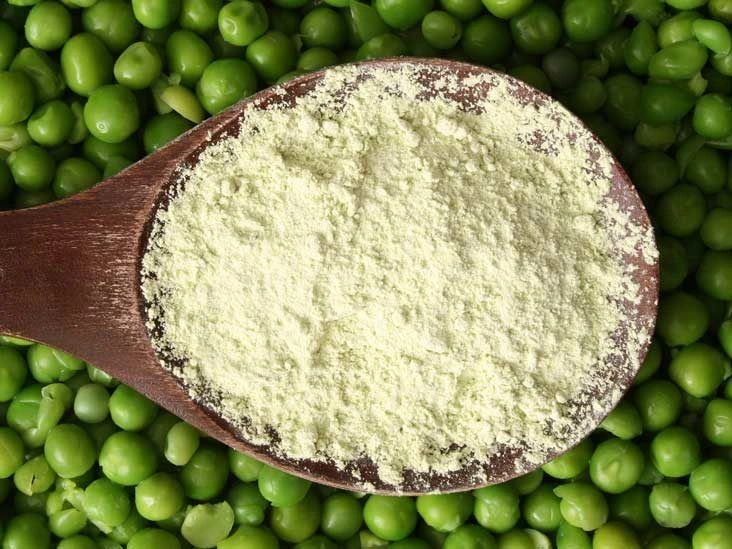
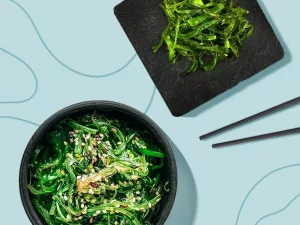

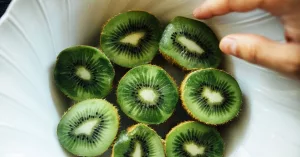
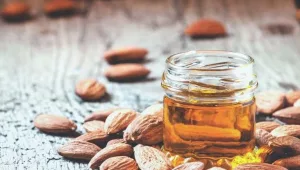
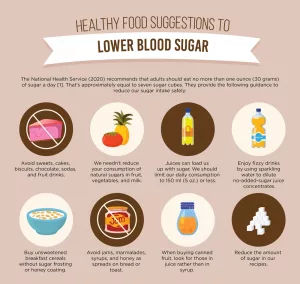
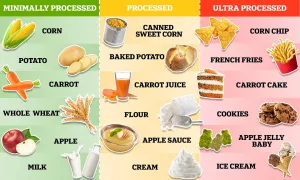


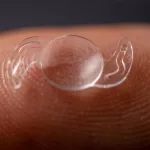
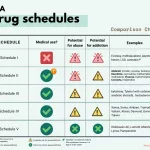
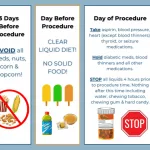


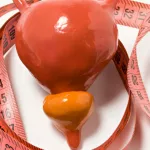

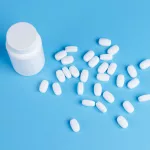







Leave a Reply
You must be logged in to post a comment.